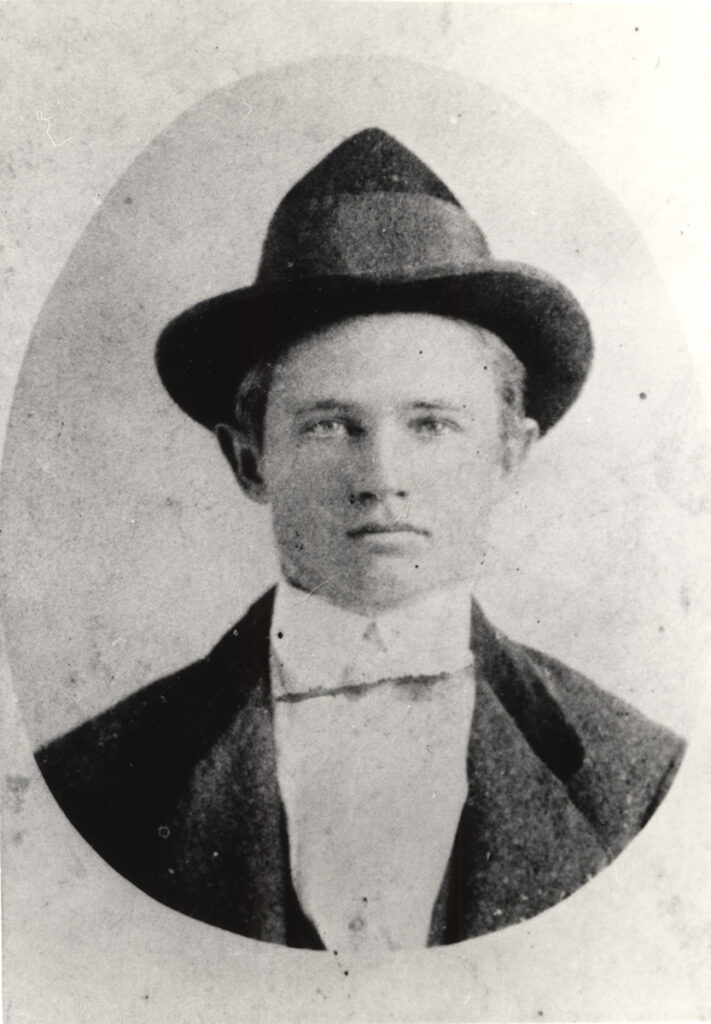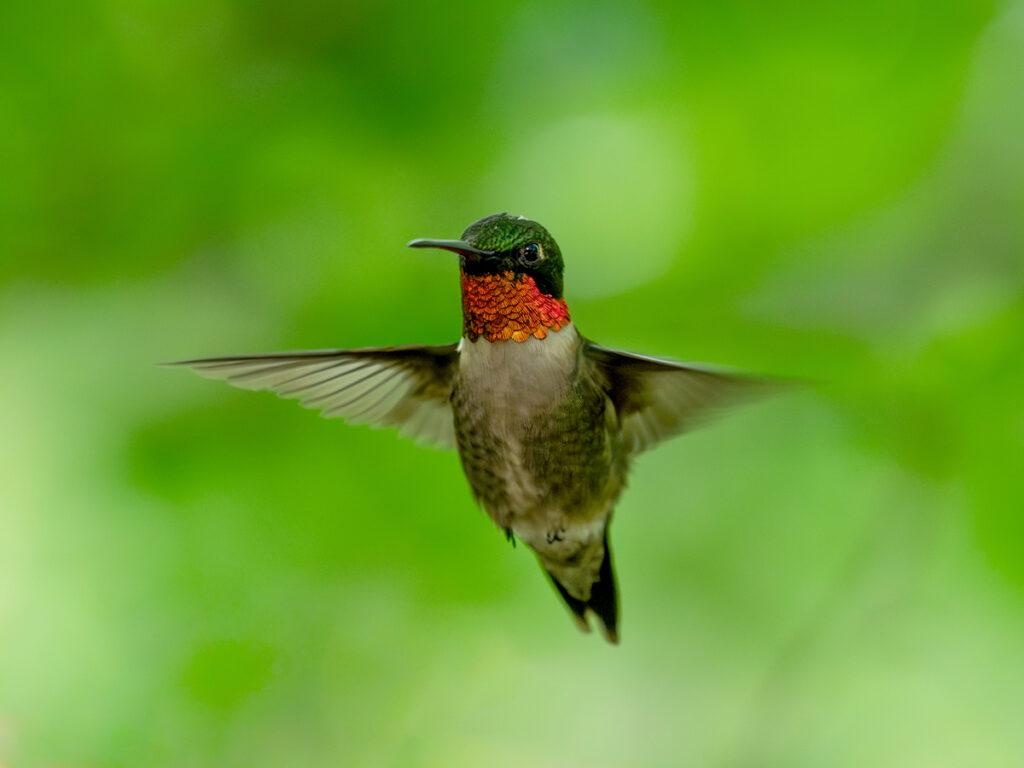

Death of a Train Robber
In October 1890, the life of outlaw Rube Burrow came to its violent end on the streets of Linden, Alabama.
The life of a poor farmer held little appeal for the Lamar County native, so in the early 1870s, he set out for Texas and started a family. His younger brother Jim soon joined him. Hardship came in 1880, when his wife died of yellow fever.
Burrow was 32 years old when he and his brother robbed their first train in December 1886. His motives were never fully revealed. As they continued their spree, the legend grew. The next year, they made off with $2,600 (nearly $100,000 today) from an Arkansas train.
Detectives found Lamar County residents tightlipped on the whereabouts of the Burrow boys. But they eventually caught up with the pair in Montgomery. Jim was captured and would die in prison. Rube escaped by shooting his pursuer. He fled to Mississippi and robbed another train.
Back and forth he went for several years, between hideouts near his kin and other locales. On Sept. 1, 1890, Burrow held up a train near Pollard, netting the meager sum of $224. Said to be Alabama’s first train robbery, it was also Burrow’s last. Soon thereafter, he was captured in Marengo County. In the predawn hours of Oct. 9, 1890, he attempted escape from the Linden jail, engaged in a shootout with a local merchant and was killed.
Three hundred people viewed his body at Birmingham’s Union Station. A more mournful coterie awaited in Lamar County, where his father loaded the coffin onto a two-horse wagon and transported it to the cemetery. A journalist observing the affair wrote that “without prayer or preacher the remains of Rube Burrow were consigned to the only perfect rest they had ever known.”
– Scotty Kirkland
Coastal BirdFest has new sponsor, timetable
The John L. Borom Alabama Coastal BirdFest, which provides guided birding excursions across pristine regional coastal habitats, will now come under the leadership of Alabama Audubon, the state’s preeminent birding conservation organization.
The Coastal BirdFest had been organized by the South Alabama Land Trust (SALT), which focuses on protecting land. Under SALT’s leadership, the Coastal BirdFest grew to more than 30 birding and nature tours across 20 venues over four days.

The event will also now move from the fall to the spring to coincide with the peak arrival of migrating birds returning from the tropics.
More details, including event schedules and ticket information for spring 2026, will be released in the coming months. Supporters can visit Alabama Audubon’s website at alaudubon.org and its social media channels for updates. (Information from Alabama News Center)




